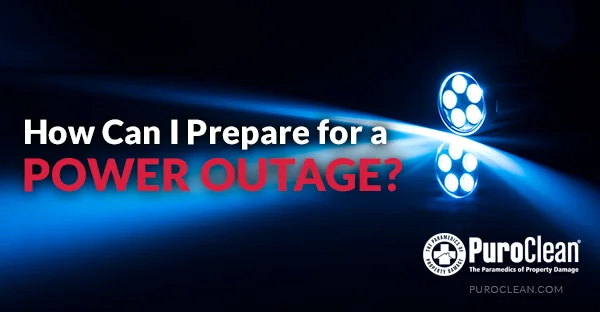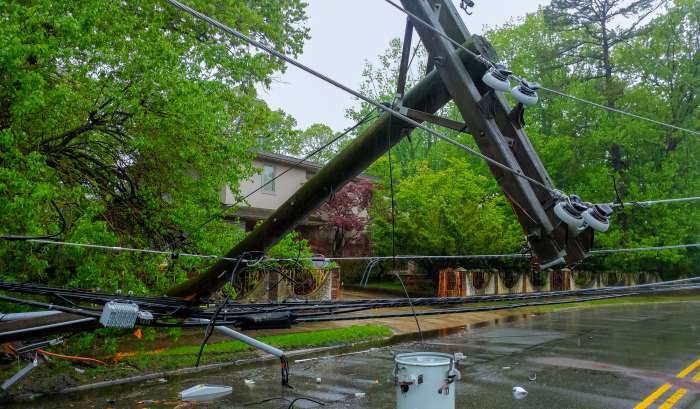 Staying safe and comfortable during a power outage requires some planning. You should have an emergency kit with flashlights and plan where to go if you can’t stay home. If you rely on medical devices that need electricity, talk to your healthcare provider about backup plans, and consider staying with friends or family who have power or going to a community center.
Staying safe and comfortable during a power outage requires some planning. You should have an emergency kit with flashlights and plan where to go if you can’t stay home. If you rely on medical devices that need electricity, talk to your healthcare provider about backup plans, and consider staying with friends or family who have power or going to a community center.
In the event of an extended power outage, staying connected with your community can be a tremendous asset. Check on neighbors, especially the elderly or those with young children, to ensure they have what they need and offer assistance if possible. Utilize social media or local community groups to share information and resources.
It’s also beneficial to have some entertainment options on hand to pass the time. Books, board games, and crafts can help keep everyone occupied and reduce stress. If you have pets, make sure to have enough food and supplies for them, and consider their comfort and safety as well.
During an outage, use only flashlights for light and keep your food fresh with extra ice. Turn off all appliances. When the power is back on, don’t touch power lines. If you’re uncertain whether or not some foods in your refrigerator are still good to eat, throw them away. Follow these tips to prepare for a power outage:
Table of Contents
What to do Before a Power Outage Happens
- Create a disaster preparedness kit. The flashlights and spare batteries in the kit are especially useful during a power outage. Portable chargers for your phone come in really handy, as well.
- Make sure you know how to manually open your electric garage door and where the lever is.
- For cooling or warming, learn about the emergency plans in your local area in advance.
- Consider investing in an electrical generator to supply your home with electricity during a power outage. Never use portable generators indoors, due to risk of carbon monoxide poisoning.
The Lights Are Out
- Don’t use candles for light, due to the extreme risk of fire. Use battery-operated devices that produce light, such as flashlights, or glow sticks.
- Unplug appliances to reduce the risk of power surges or spikes. Leave one light turned on so you know when the power is back on.
- Keep refrigerators closed. Normal refrigerators will keep your food fresh for about 4 hours. The freezer will last longer, about 48 hours, if it is full.
- Use food in this order: refrigerator > freezer > non-perishable (such as canned food).
- NEVER use appliances that can release carbon monoxide indoors. Use grills, stoves or any burning devices outdoors if you must cook. If it’s too cold in your home, dress in layers or go to a relative’s house, friends, hotel or other shelters. If it’s too warm, drink plenty of water and visit public places that have air conditioning.
What to do After
- Stay away from downed power lines, as they pose a risk of electrocution after a power outage. Call an electrician to assess the electrical safety of your home, if necessary.
- Discard any spoiled food. If food that needs refrigeration has stayed in temperatures higher than 40° F for more than 2 hours, throw it out.
- Refreeze the food in the freezer that is colder than 40° F and has ice crystals on it.
Call PuroClean for Help
Some power outages may last for only a few hours, but the safety risks they pose can be significant. Prepare now for any emergency. After experiencing fire, water or mold damage, contact PuroClean at your local office for professional remediation services.




 PuroClean Home Emergency Services
PuroClean Home Emergency Services